
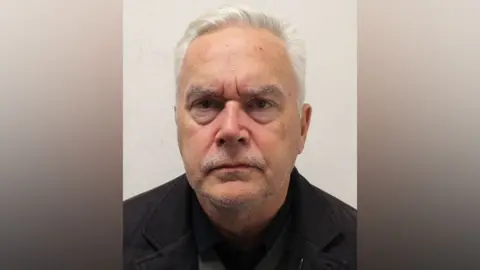 Metropolitan Police
Metropolitan Police
Former BBC newsreader Huw Edwards, seen in a custody photograph
Disgraced BBC News presenter Huw Edwards has been given a six-month prison sentence, suspended for two years, after he admitted charges of making indecent images of children.
In July, the former newsreader admitted having 41 such images, which were sent to him on WhatsApp – including some showing a victim aged between seven and nine.
He was sentenced on Monday at Westminster Magistrates’ Court where he was also told to attend a sex offender treatment programme.
At his last court appearance, he pleaded guilty to three counts of making indecent images of children. Under the law, images can mean photos or clips.
Until last year, Edwards was one of the main presenters on BBC One's News at Ten and often fronted coverage of major national events.
The judge sentencing him on Monday said the former broadcaster's "long-earned reputation" was "in tatters".
A BBC spokesperson said the corporation was "appalled" by Edwards' crimes.
"He has betrayed not just the BBC, but audiences who put their trust in him.”
The Crown Prosecution Service (CPS) said in a statement that the prosecution of Edwards sent "a clear message" that it would work alongside the police "to bring to justice those who seek to exploit children, wherever that abuse takes place.”

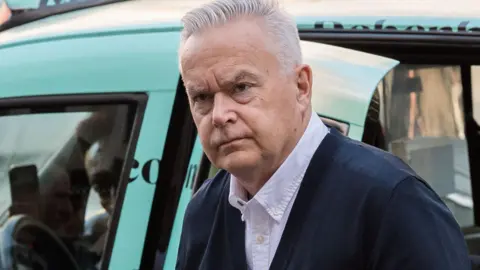 Getty Images
Getty Images
Huw Edwards arriving at court on Monday
Edwards will be placed on the sex offenders register for seven years - meaning he has to notify the police of his whereabouts.
The court heard that Edwards sent hundreds of pounds to a convicted sex offender after they sent him pornographic images.
While most of the images were of adult men, a significant proportion of the images were of children.
Of the 377 images, 41 were indecent images, which means they were underage.
Prosecutor Ian Hope confirmed details from the first hearing, that the Category A images Edwards was in possession of were mostly children aged 13-15.
One child was aged between seven and nine.
The prosecutor said in his opening remarks in the case against the veteran broadcaster: "It is clear from the face of the WhatsApp chat recovered that a deal of the chat between Alex Williams and Mr Edwards was sexual in nature.
"It is also clear that Mr Edwards was paying not insignificant sums of money - low hundreds of pounds on an occasional basis - to Alex Williams which Mr Williams directly asked for on several occasions, as gifts or presents, apparently off the back of sending pornographic images to Mr Edwards, about which images they chatted.
"Alex Williams has stated that the money was more generally to support him at university and amounted to around £1,000 to £1,500."
The court heard that Edwards wrote "yes xxx" when he was asked by Williams if he wanted sexual images of a person whose "age could be discerned as being between 14 and 16".
After Williams sent more images, the pair then wished themselves a happy Christmas, the court heard.
Mr Hope added that while "it was clear" that the pair "had been communicating over various platforms, the only chat that could be recovered was from a WhatsApp chat on Williams' phone".
He added that the mitigating factors were that Edwards had a mental disorder, "with documentation obtained by the defence showing that his decision-making across the relevant time may have been adversely impaired by a mixture of mood disorder, neuro-cognitive disorder and alcohol consumption".
Watch live: Huw Edwards in court for sentencingEdwards' lawyer Philip Evans told the court that the former newsreader "positively told Mr Williams not to send images of people who are underage".
"He recognises the repugnant nature of such images," he said. “He is truly sorry that he has committed these offences."
Mitigating factors outlined included no previous convictions, his decision-making may have been impaired by "mental disorder", and remorse.
Mr Evans told the court the offending could be linked to the "grave situation" of Edwards' mental health. He added that he had begun receiving treatment for mental ill health in 2019 and that was interrupted by the pandemic in 2020.
The images were first sent via WhatsApp in December 2020.
“He recognises he has betrayed the priceless trust and faith of so many people. He knows that he has hurt and damaged his family and and his loved ones around him."
He added that "the defendant has no memory of viewing any particular images", adding that Edwards "did not store any of the images on any device".
Chief magistrate Paul Goldspring then began his sentencing. During his remarks, the judge set out the impact that indecent images of children have on those young people who are made to appear in them.
He said the appropriate sentence would be 12 months for the most severe abuse images. However, taking into account the mitigation and early guilty plea, the sentence would be six months suspended for two years.
The magistrate said Edwards did not pose a risk to the public or children and an immediate custodial sentence was not necessary because the evidence showed he could be rehabilitated.
In a statement, Derek Ray-Hill, interim CEO at the Internet Watch Foundation, said: “It is shocking that an app most people have on the phone in their pocket allows child sexual abuse imagery to proliferate. And make no mistake, it is proliferating. Our analysts are seeing record amounts of this content online.
“As the regulator, Ofcom needs to utilise the full strength of the Online Safety Act, and compel companies to use their best endeavours to prevent images from circulating in end to end encrypted environments."

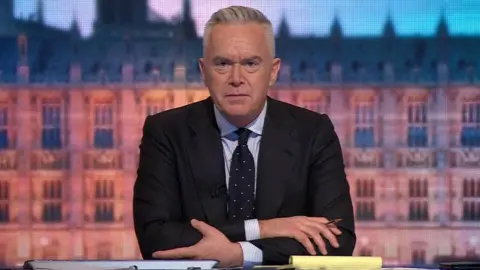
Edwards fronted BBC News coverage including the 2019 general election results
At Edwards' court appearance in July, he pleaded guilty to three counts of making indecent images of children.
He was found to have seven category A images - the most serious classification, which show serious abuse including penetrative sexual activity.
Most of the category A images were estimated to show children aged between 13 and 15. Two clips showed a child aged about seven to nine.
He also had 12 category B pictures, which involve non-penetrative sexual activity, and 22 photographs in category C, which covers other indecent images. The category B and C pictures showed children aged between 12 to 15.
Police later revealed the man who sent the images to Edwards was 25-year-old convicted sex offender called Alex Williams.

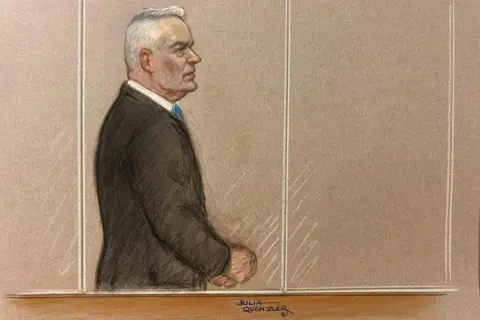 Julia Quenzler
Julia Quenzler
A court artist sketched Edwards in his appearance in July
Edwards was the BBC's highest-paid journalist, receiving between £475,000-£479,999 between April 2023 and April 2024.
The BBC has asked him to return the £200,000 he earned between his arrest last November and his resignation this April.
The BBC's director general said last week that "discussions are under way" about the possibility of clawing back the money.
Making indecent images - what does the law say?
"Making" indecent images can have a wide legal definition, and covers more than simply taking or filming the original picture or clip.
The Crown Prosecution Service says it can include:
opening an email attachment containing an imagedownloading an image from a website to a screenstoring an image on a computeraccessing a pornographic website in which an image appears in an automatic "pop-up" windowreceiving an image via social media, even if unsolicited and even if part of a groupor live-streaming images of childrenA court must also decide whether an offence falls into the category of possession, distribution or production.
According to the Sentencing Council, which issues guidelines on sentencing that the courts must follow unless it is in the interests of justice not to do so, creating the original image counts as production - the more serious of the three categories. It adds that "making an image by simple downloading should be treated as possession for the purposes of sentencing".

 Movie
Movie 2 days ago
17
2 days ago
17 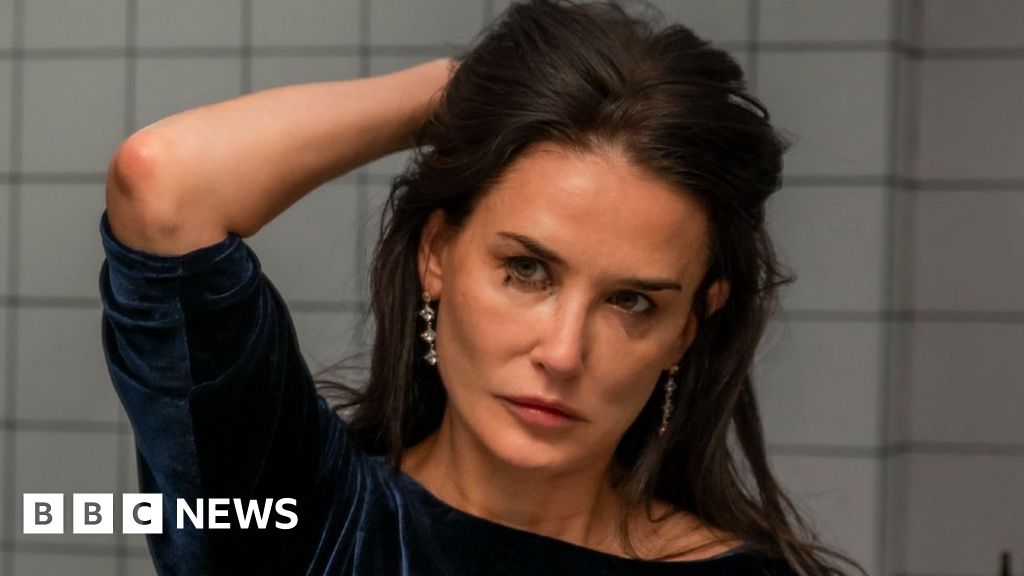
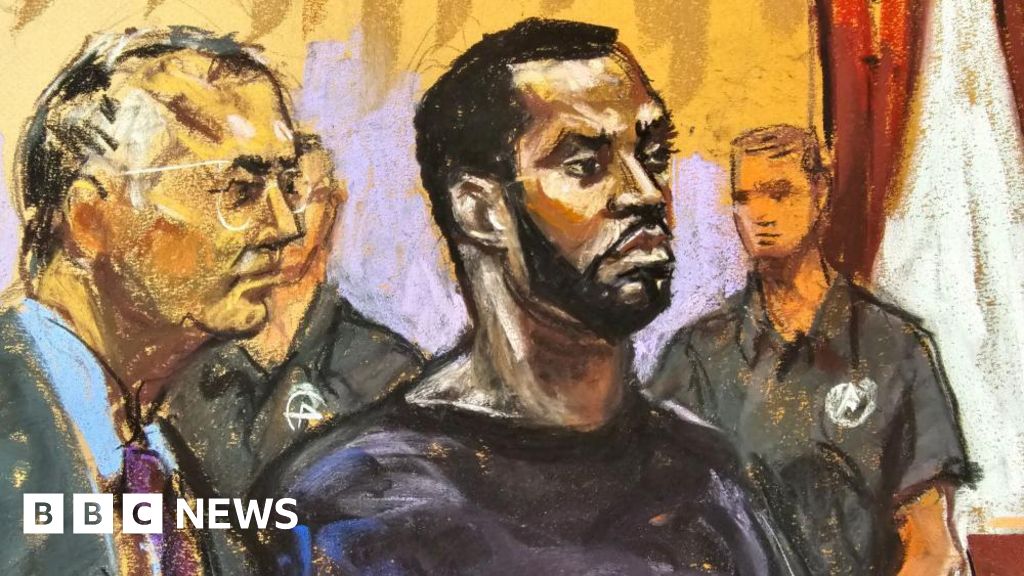
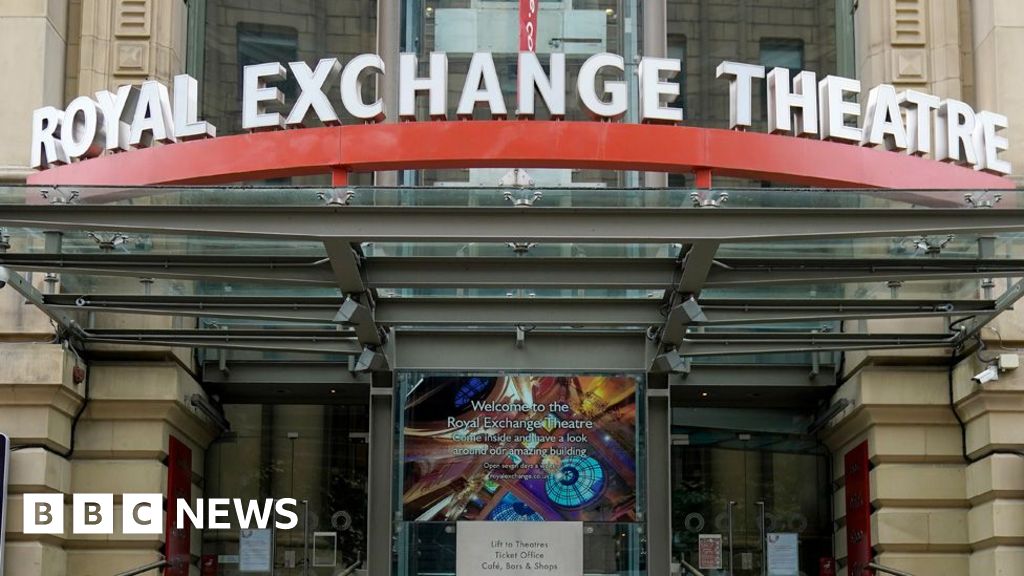
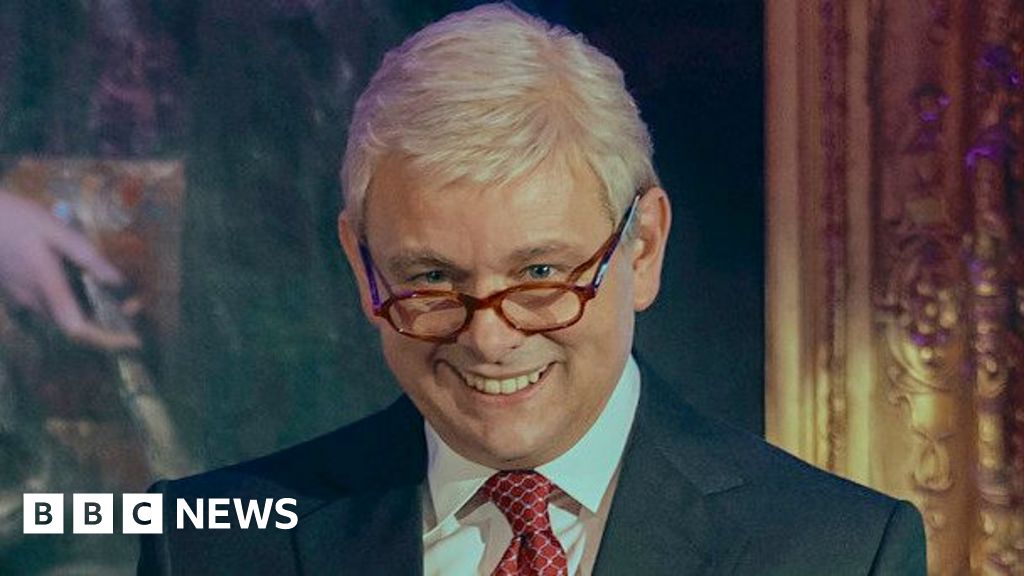
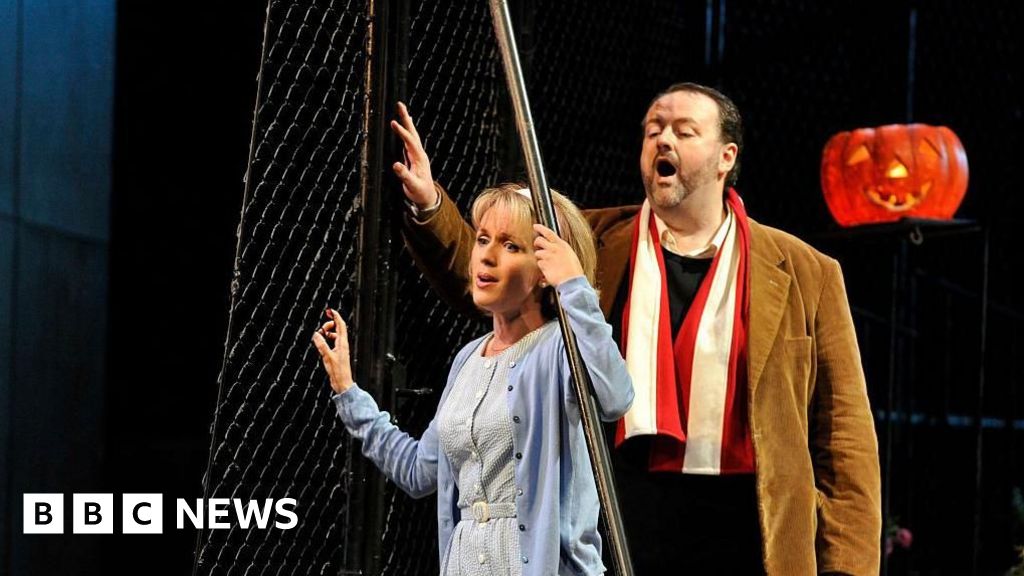

![Presidents Day Weekend Car Sales [2021 Edition] Presidents Day Weekend Car Sales [2021 Edition]](https://www.findthebestcarprice.com/wp-content/uploads/Presidents-Day-Weekend-car-sales.jpg)



 English (United States)
English (United States)